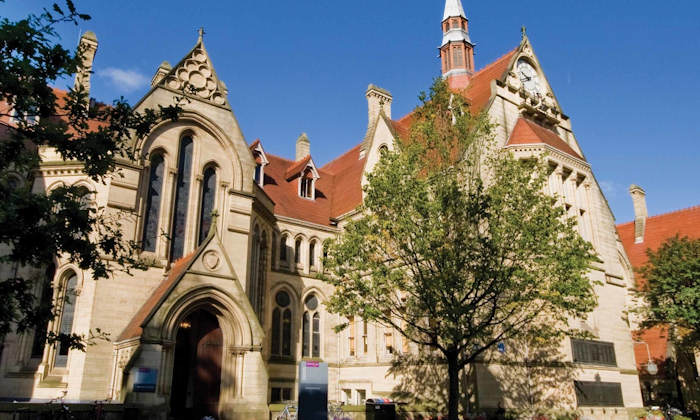Our University Pay Gap Report 2023
28 Mar 2024
Gender, Ethnicity, Disability, Sexual Orientation and Religion Pay Gaps Report 2023 is now available

Dear colleagues,
Our gender, ethnicity, disability, sexual orientation, and religion pay gap reports are now available for colleagues to read.
We are required by law to produce a gender pay gap report but as with gender, it is important for us to report on ethnicity, disability, sexual orientation, and religion as well, to show our commitment to progress equality, diversity and inclusion, and to drive changes within our University. This is the first time we are reporting on sexual orientation and religion.
Each section of the report measures differences between the average (mean and median) earnings of men and women who work at our University, those who have a disability and those of different ethnic groups. Please note that pay gap is not the same as equal pay audit.
Pay gaps
- Gender - the mean and median pay gaps at the University have continued to narrow and are now at the lowest since reporting commenced in 2017 at 12.8% and 8.2% respectively;
- Ethnicity - Relative to 2022 figures, the mean ethnicity pay gap remained the same at 15.6% while the median increased to 13.0% from 12.4%. The representation of Black, Asian, and Minority Ethnic (BAME) staff at the University slightly decreased to 23.1% of the University’s 2023 overall population from 23.5% in 2022 (a decrease of 224 BAME staff), their entry into the lower-paid grades has produced a widening of the pay gaps;
- Disability - Both pay gaps in relation to disability have widened and are now reported at 16.1% and 10.3%. We first reported on our disability pay gap in 2021.
- Sexual orientation – the difference in average pay between those who identify as heterosexual and those who have declared themselves as Lesbian, Gay, Bisexual or Other sexual orientation (LGB+), is 12% (mean) and 8.2% (median);
- Religion – the mean pay gap is -3% and the median is 0%.
Analysis
While the narrowing of the gender gaps is positive, it should be noted that the measures put in place to reduce the causes of the gaps take time to be effective and actions developed in response to the 2022 report are unlikely to have had any impact at the time of the 2023 analysis.
It is also important to note that the pay gaps across the whole workforce are not because of men and women; White and BAME; non-disabled and disabled staff being paid differently for work of equal value, as evidenced in our equal pay audits.
Our analysis confirms that the main contributing factor to our pay gaps is the under-representation of women, BAME, disabled and LGB+ staff in higher paid jobs and functions (occupational segregation). In this context, we are pleased to report that the trend of an increasing proportion of women now occupying roles paid in the highest paid quartile, has continued.
Action
We know that eradicating the pay gaps is a goal that will take some time to achieve, and the University is committed to developing actions that will accelerate the closing of these gaps. These include:
- Working closely with our Charter Mark Coordinator for Athena Swan, Race Equality Charter and Disability Confidant teams to ensure their action plans have specific activities outlined to address the gaps;
- Organising facilitated gender, ethnicity and disability pay gap awareness sessions with the Staff Network groups;
- Providing quarterly equality, diversity and inclusion (EDI) data sets to Faculty and Professional Services leadership teams to allow ongoing monitoring of emerging trends.
You can find out more about what we’re doing in the report and in our Equality Diversity and Inclusion and People and Organisational Development strategies.
We recognise that our pace of change in eradicating the pay gaps is not fast enough. We will continue to build on our actions as we seek to advance gender, ethnicity, disability, and sexual orientation equality at the University.
Professor Nalin Thakkar, Vice-President for Social Responsibility
Banji Adewumi, Director of Equality, Diversity and Inclusion
Andrew Mullen, Acting Director of People and Organisational Development
More information
- Equality report
- Please contact equalityanddiversity@manchester.ac.uk
